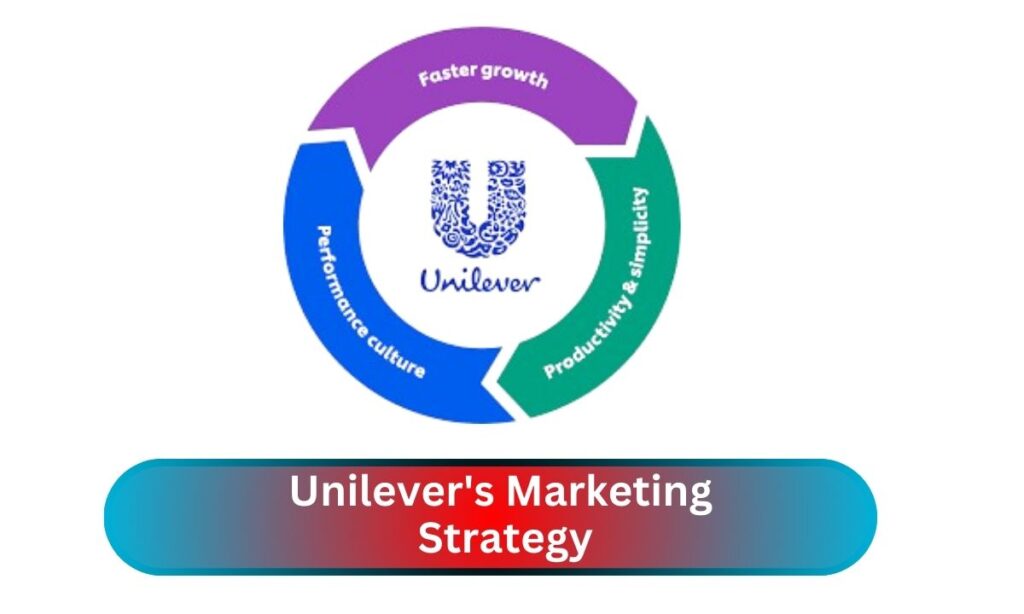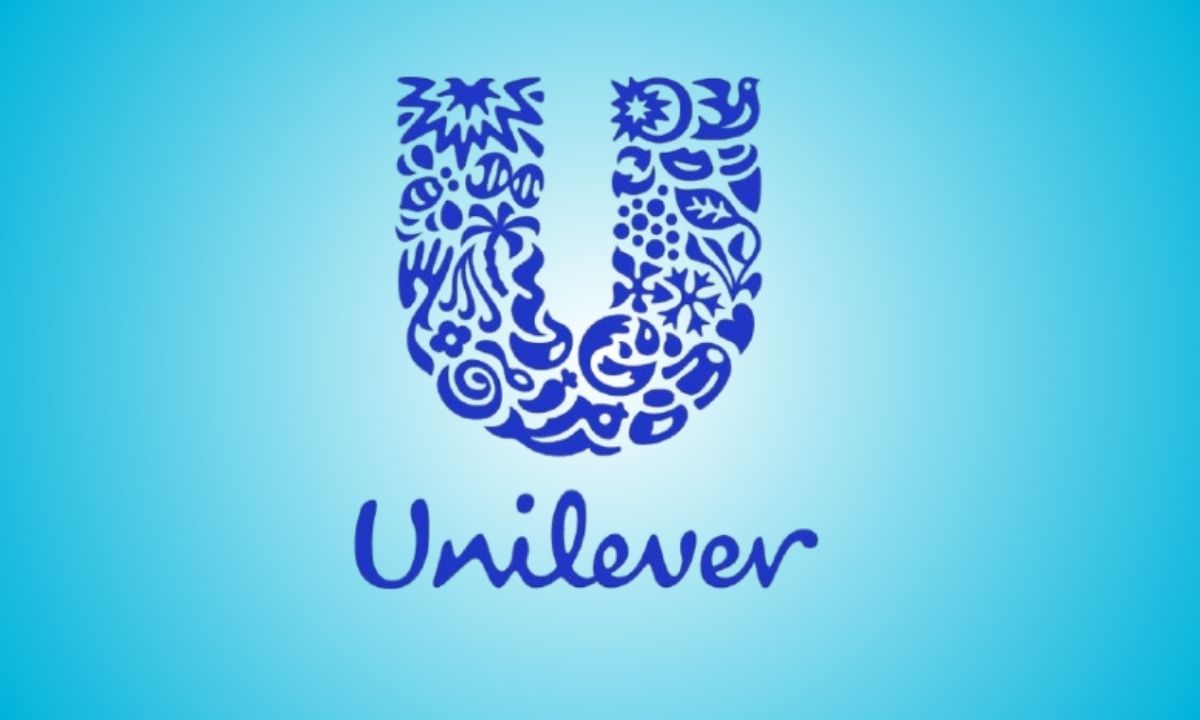The CMA closes investigation into Unilever’s green claims marks an important development in consumer protection and environmental marketing. This investigation has drawn significant attention due to the implications for how companies market their products.
The UK’s Competition and Markets Authority (CMA) focused on whether Unilever overstated its sustainability efforts.In December 2023, the CMA began its inquiry, highlighting concerns about misleading marketing.
The decision to close the investigation reflects ongoing efforts to ensure businesses adhere to truthful advertising standards.
Background of the Investigation
The CMA’s investigation into Unilever started in December 2023. The regulator raised concerns about the marketing practices used by the global consumer brand. The focus was on whether Unilever exaggerated the sustainability of its products.
The inquiry was sparked by reports from consumers and watchdog organizations questioning the legitimacy of Unilever’s environmental claims.
Many consumers expressed feelings of being misled by vague and broad claims regarding product sustainability. Products marketed with natural imagery and logos often led to misconceptions about their environmental friendliness.
The CMA was particularly worried about unclear statements regarding recyclability, especially for widely used household items. This raised alarms about the company’s compliance with consumer protection laws, which require clarity and truthfulness in advertising.
Unilever’s Response
In response to the CMA’s concerns, Unilever implemented changes to its marketing strategies. The company recognized the need to address consumer confusion and restore trust.
Although the CMA did not specify the exact changes made, it acknowledged that Unilever took significant steps to rectify its claims. These changes were crucial in the decision to close the investigation.
Unilever expressed satisfaction with the outcome. The company has long emphasized its commitment to responsible marketing practices.
A spokesperson stated that the firm prioritizes transparency in its environmental claims and that it is dedicated to maintaining robust procedures for substantiating those claims.
This commitment is vital for maintaining consumer trust and aligning with regulatory expectations.
Implications of the CMA’s Decision

Impact on Green Marketing
The closure of the CMA’s investigation into Unilever’s green claims has broader implications for the industry. It emphasizes the need for accurate representation of environmental benefits in marketing.
The CMA’s Green Claims Code aims to guide businesses in lawful and responsible advertising, ensuring that claims made align with actual practices.
Companies must be careful in how they present their products. Misleading claims can lead to consumer distrust and regulatory scrutiny.
The CMA’s actions serve as a reminder for all businesses to evaluate their marketing practices critically. Brands that fail to comply with these guidelines risk facing similar investigations and potential penalties.
Future of Environmental Claims
The CMA’s decision also highlights the importance of ongoing vigilance in marketing practices. As consumers become more environmentally conscious, businesses must adapt their strategies accordingly.
Clear and honest communication about sustainability is essential to meet the growing demand for transparency.
The CMA’s investigation has prompted a wider discussion about greenwashing, which refers to companies that exaggerate their environmental benefits.
This regulatory framework aims to protect consumers from misleading information while encouraging genuine sustainability practices. As awareness of greenwashing increases, companies will need to be more diligent in their claims to avoid backlash.
Unilever’s Marketing Strategy

Changes Implemented
Following the CMA’s concerns, Unilever took steps to revise its marketing approach significantly. This included refining the language used in product descriptions to eliminate vague claims.
The company aimed to ensure clarity about recyclability and the actual environmental impact of its products.Unilever also focused on presenting factual information about its products, emphasizing verifiable claims rather than broad assertions.
The goal was to align its messaging with consumer expectations and regulatory standards. By doing so, Unilever sought to enhance consumer trust and credibility, which are crucial in today’s market.
Long-term Goals
Unilever’s long-term goals include fostering sustainable practices across its product lines. The company aims to be transparent about its environmental impact and inform consumers about the steps it takes towards sustainability.
This commitment is expected to resonate with consumers who prioritize sustainability and ethical consumption.The CMA’s closure of the investigation allows Unilever to focus on these objectives without the shadow of regulatory scrutiny hanging over its operations.
By embracing a more transparent approach, Unilever can strengthen its brand reputation and deepen its connection with environmentally conscious consumers.
Read This Blog Also : Boohoo Group Criticises Frasers Group’s Business Motives
Broader Industry Context
Regulatory Landscape
The CMA’s investigation into Unilever is part of a larger trend in regulatory scrutiny of environmental claims. Governments and consumer protection agencies globally are increasing their focus on green marketing practices.
This change reflects a growing recognition of the need for accountability in how companies communicate their environmental initiatives.
As regulations tighten, companies across various sectors will need to be proactive in ensuring compliance. This includes adopting best practices for sustainability reporting and marketing.
Brands that fail to adapt may face reputational damage and financial penalties.
Consumer Expectations
Today’s consumers are more informed than ever about sustainability issues. They actively seek products that align with their values and are skeptical of marketing claims that lack transparency.
This shift in consumer behavior means that companies must be authentic in their sustainability efforts.
The CMA’s investigation serves as a wake-up call for brands that have relied on vague claims in their marketing. Companies must now provide concrete evidence of their sustainability practices to gain and maintain consumer trust.
Key Events in the CMA Investigation
| Date | Event |
| December 2023 | CMA opens investigation into Unilever |
| November 6, 2024 | CMA announces closure of the investigation |
| Ongoing | Unilever implements changes to marketing claims |
Frequently Asked Questions
What prompted the CMA’s investigation into Unilever?
The CMA’s investigation was prompted by concerns over potentially misleading environmental claims made by Unilever, particularly regarding product sustainability.
What changes did Unilever make during the investigation?
Unilever made adjustments to its marketing claims and strategies to eliminate vague language and ensure better clarity about recyclability and environmental impact.
What is greenwashing?
Greenwashing is a practice where companies exaggerate or misrepresent the environmental benefits of their products, often leading to consumer deception.
What is the CMA’s Green Claims Code?
The Green Claims Code is a set of guidelines established by the CMA to help businesses promote their environmental credentials lawfully and transparently.
How does this investigation affect consumers?
The closure of the investigation aims to enhance transparency and accountability in environmental marketing, protecting consumers from misleading information and enabling informed choices.
Conclusion
The CMA closes investigation into Unilever’s green claims is a pivotal moment in the realm of environmental marketing. The investigation highlighted significant issues regarding consumer protection and truthful advertising.
As companies navigate the complex landscape of sustainability, the need for transparent communication remains critical. The CMA’s investigation and its closure reflect ongoing efforts to combat greenwashing. As consumer awareness grows, companies must be ready to adapt to new expectations and regulatory requirements.
The future of environmental marketing will depend on honesty, accountability, and a genuine commitment to sustainable practices. This case serves as a reminder that transparency is not just a regulatory obligation but a pathway to building lasting consumer trust.

Noor is a talented content writer and digital marketer with expertise in SEO, social media management, and online marketing.



